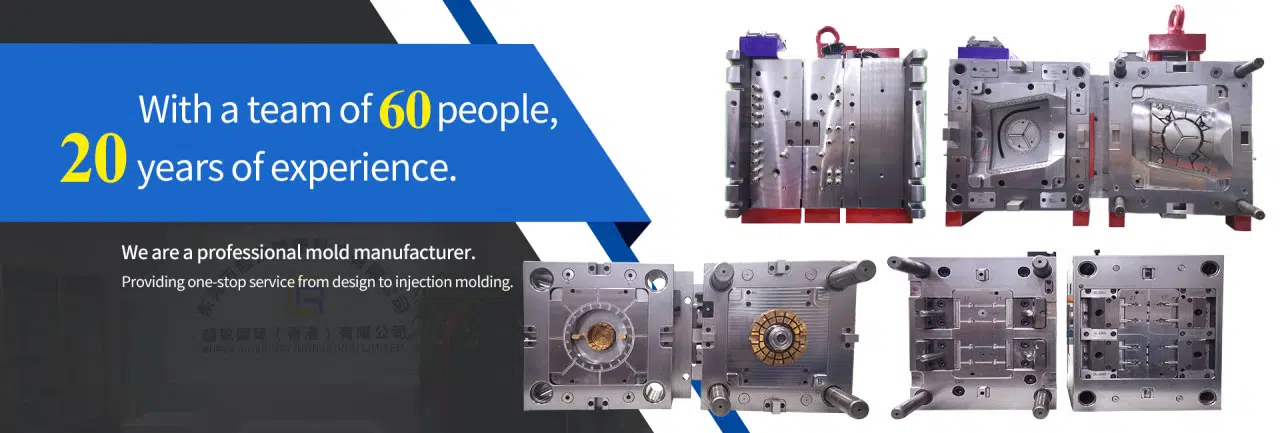
# Quality Assurance in Software Development
## The Importance of Quality Assurance
Quality Assurance (QA) plays a crucial role in software development by ensuring that products meet specified requirements and are free from defects. It involves systematic processes designed to determine whether a product or service meets quality standards.
In today’s competitive market, delivering high-quality software is no longer optional – it’s a necessity. QA helps organizations maintain customer satisfaction, reduce costs associated with fixing defects post-release, and build a strong reputation in the industry.
## Key Components of QA in Software Development
1. Test Planning
Effective QA begins with comprehensive test planning. This involves defining test objectives, scope, approach, resources, and schedule. A well-structured test plan serves as a roadmap for the entire QA process.
2. Test Case Development
QA teams create detailed test cases that cover all functional and non-functional requirements. These test cases serve as step-by-step instructions for verifying that the software behaves as expected.
3. Test Execution
During this phase, QA engineers execute the prepared test cases and document the results. They identify defects, report them to developers, and verify fixes once implemented.
4. Automation Testing
Automation has become an essential part of modern QA processes. Automated tests help teams execute repetitive test cases quickly and efficiently, allowing for more frequent testing throughout the development cycle.
## Benefits of Implementing QA Processes
- Improved product quality and reliability
- Reduced development costs by catching defects early
- Enhanced customer satisfaction and loyalty
- Faster time-to-market through efficient testing processes
- Better risk management and compliance with industry standards
Keyword: Quality Assurance
## Challenges in Quality Assurance
While QA offers numerous benefits, it also comes with challenges:
- Keeping up with rapidly changing technologies
- Managing testing for complex systems with multiple integrations
- Balancing manual and automated testing approaches
- Ensuring adequate test coverage within tight deadlines
- Aligning QA processes with agile development methodologies
## The Future of QA in Software Development
As software development continues to evolve, QA practices must adapt. Emerging trends include:
- Increased adoption of AI and machine learning in testing
- Shift-left testing approaches that integrate QA earlier in the development cycle
- Greater emphasis on security testing
- Expansion of performance engineering beyond traditional performance testing
- More focus on user experience testing
Quality Assurance remains a critical component of successful software development. By implementing robust QA processes, organizations can deliver high-quality products that meet user expectations while maintaining efficiency and competitiveness in the market.